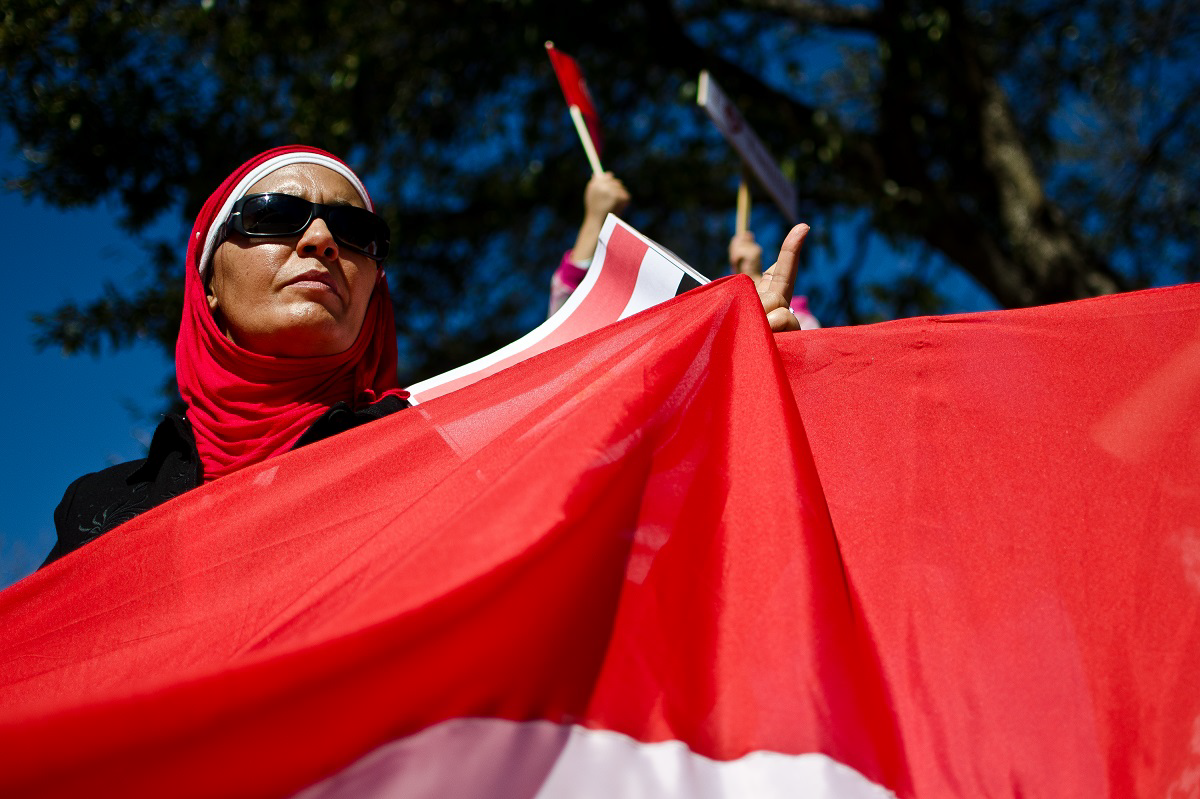POLITHEOR
European Policy Network
Blog Small Slider
- Home
- Blog Small Slider
All Posts

Welcome to the not so concrete jungle: How the EU envisages a greener future0
- Environment and Energy
- 15/12/2016
Throughout the European Union, local, regional and national authorities are confronted with a myriad of complex challenges in relation to urban, economic and sustainability concerns. Such pressing issues include the need to ensure biodiversity conservation and ecosystem services. The concept of ‘green infrastructure’ (GI) has come to the fore within policy circles in recent years and is seen as a vital cog within the EU’s continued efforts to attain its conservation, climate & energy targets for 2020 and beyond.
READ MORE
Afghanistan – a safe third country?0
- Human Rights and Migration, Op-ed
- 13/12/2016
Recently the EU and the government of Afghanistan signed a readmission agreement, a deal made ‘migration sensitive’ as it transpires from an EU Restricted Country Fiche proposing possible leverages, dated March 2016. The EU pledges to provide financial aid for development and peace-building in exchange for Afghanistan’s approval to admit back failed asylum seeking nationals. Does this deal align with the principle of ‘non-refoulement’? Is Afghanistan a safe third country?
READ MORE
Tax avoidance policy: can we balance morality and economy?0
Recently, the EU has found itself in a precarious position, given the supranational and national law systems overlapping with each other and creating tax loopholes. A position the EU wants to do away with, as demonstrated by its last anti-tax avoidance initiative. Only, is a simple application of a fair profit distribution dogma really the answer to the tax avoidance problem?
READ MORE

Women trafficking and the US’s worrisome silence0
- Human Rights and Migration, Op-ed
- 06/12/2016
“Trafficking? Here? In the United States?” I fear this would summarize the majority’s response. While human trafficking is well-known around the world, the United States is falling behind in awareness and lacks a unified approach towards its prevention. Strong commitments do exist at the community level, but these tend to function independently or have little financial support –a reflection of missing systematic plans to stop human trafficking within US borders altogether.
READ MORE
Women in Tunisia: A democratic façade or a civil society’s struggle?0
In the last couple of years, women’s rights have improved in the Middle East and North African Region, especially in terms of freedom and participation. After the Arab Spring, the representation of women in Parliamentary Assemblies has increased in almost all countries of the region. In Tunisia, women have played a major role in the uprisings to stand for their rights, and then voted en masse in the elections of 2011 and 2014. However, the efforts put in the revolts only led to political promises, rather than reality.
READ MORE
Counter radicalization policies in the UK: Counterproductive for gender equality0
- International Relations and Global Affairs, Op-ed
- 02/12/2016
Despite the fact that the various reasons leading to radicalisation of men and women are cited as the same, the approaches to counter radicalisation do little but enforce gender stereotypes and disempower women. Instead, policies should consider the wider factors that lead to the social isolation of women such as racial hatred and gender-based discrimination resulting in community isolation.
READ MORE






